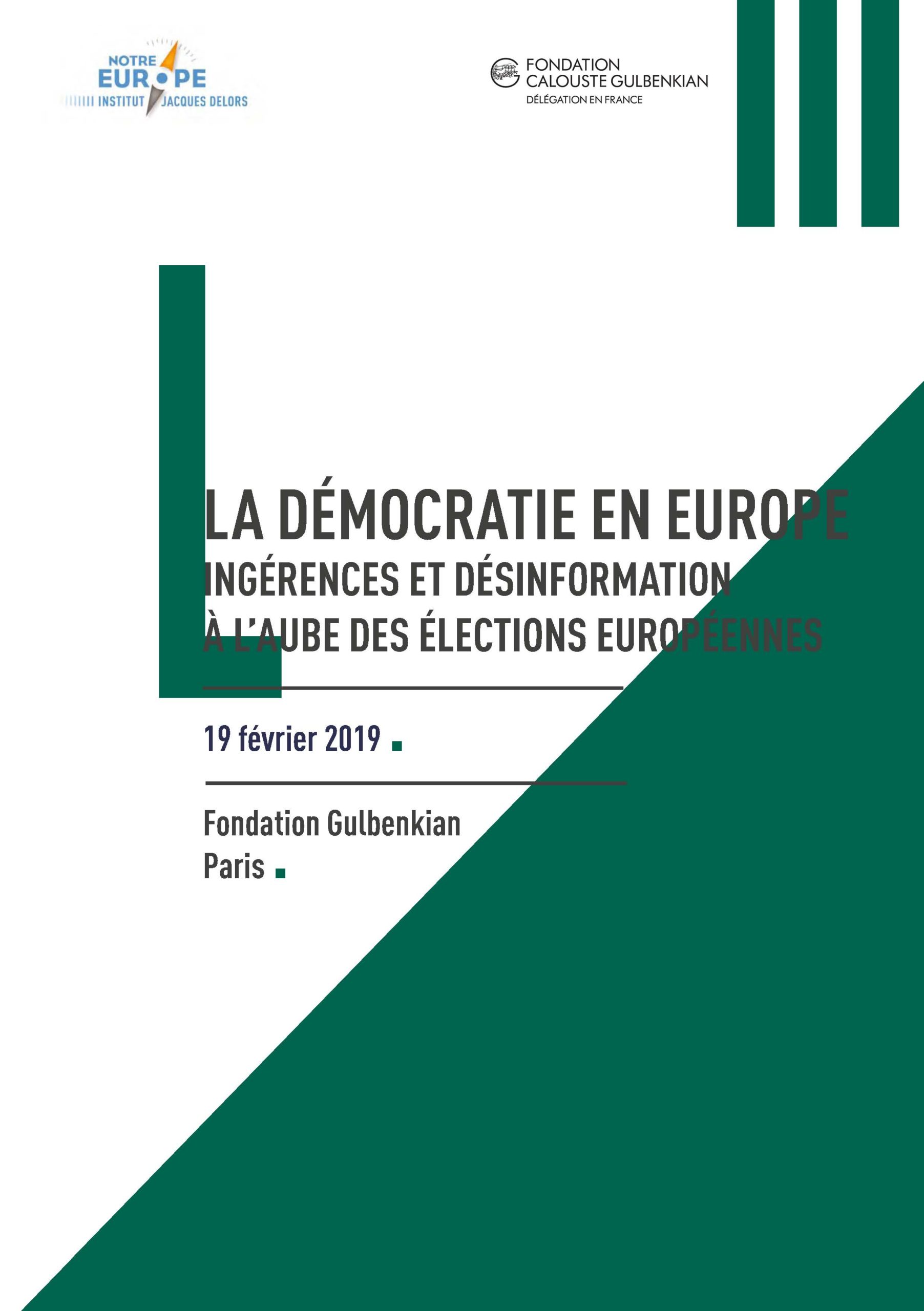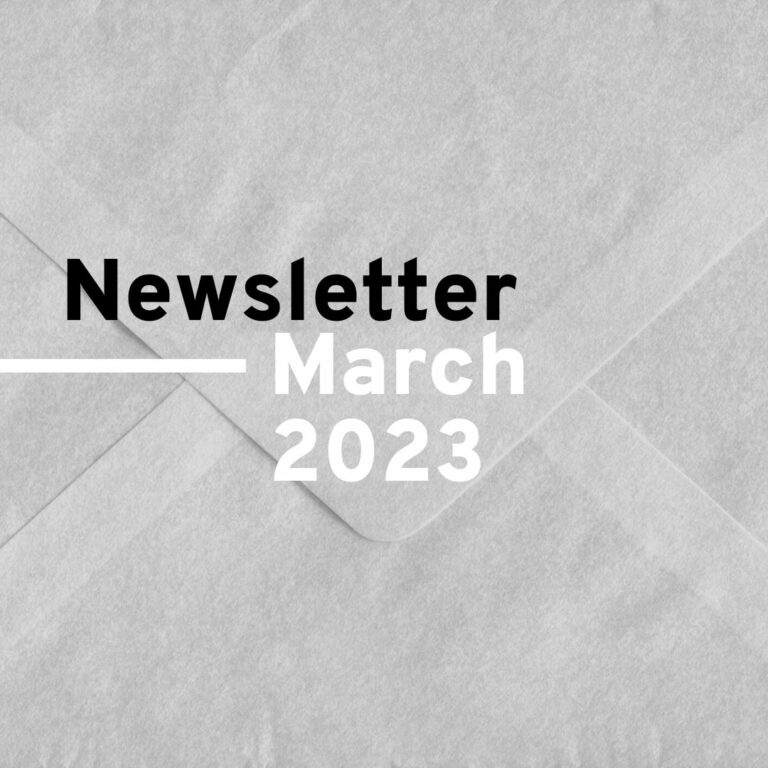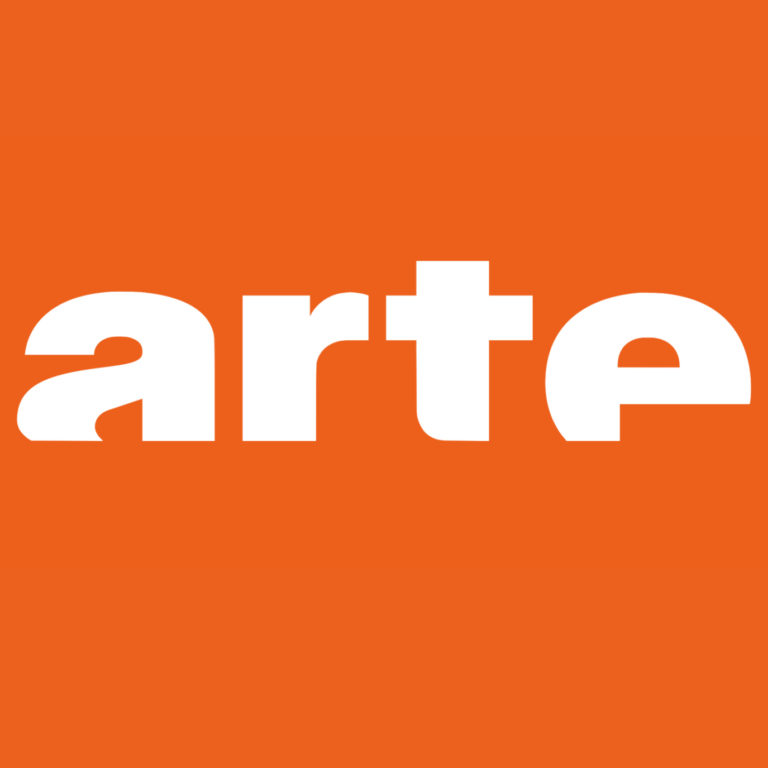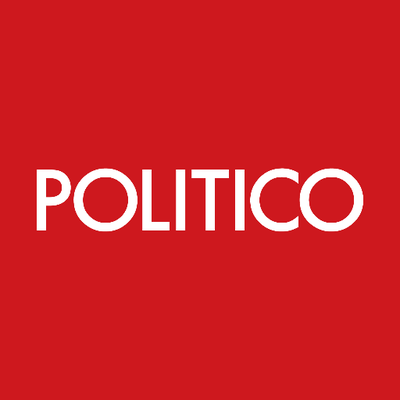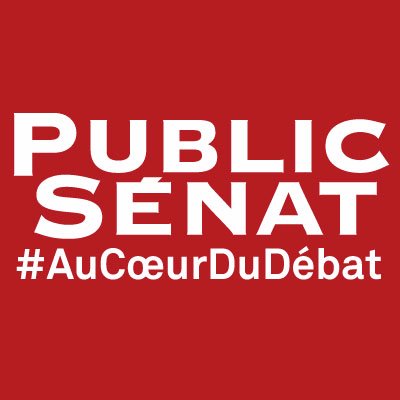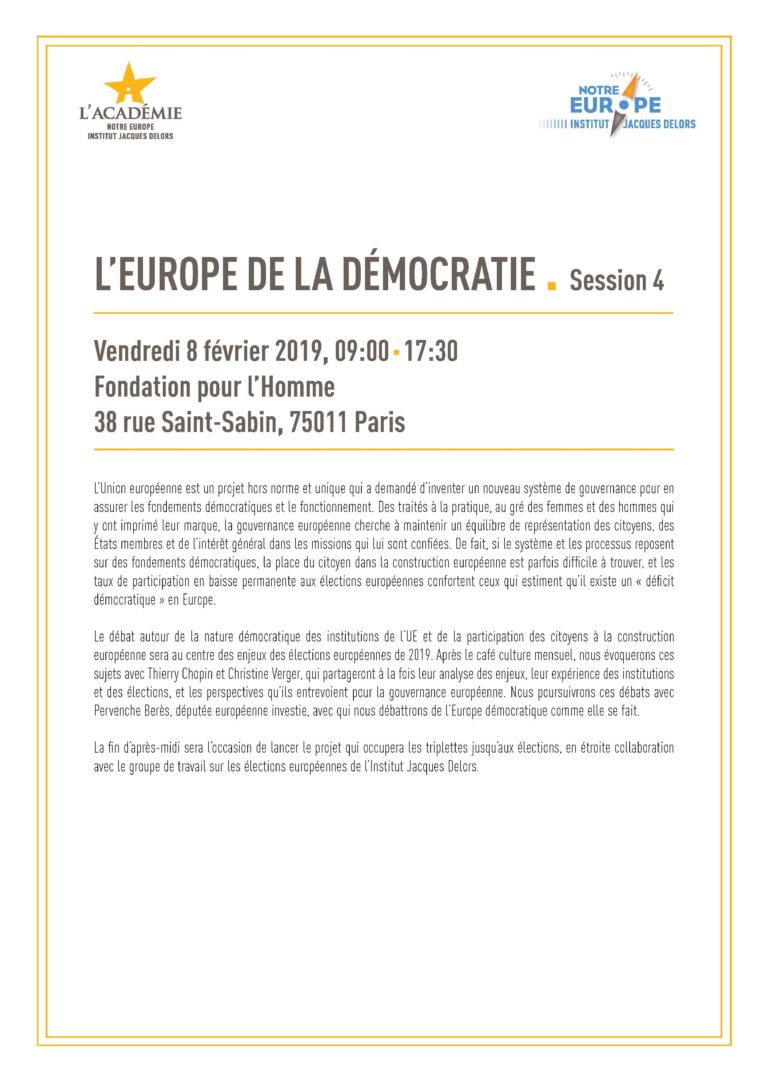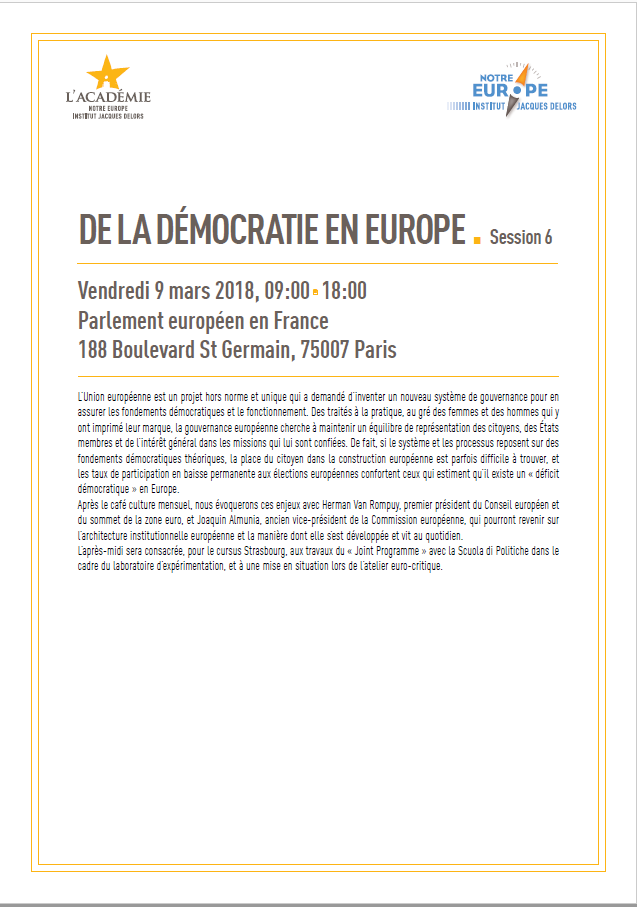Paris, 19 February 2019 – Democracy in Europe: Interference and misinformation at the dawn of the European elections
Computer propaganda and online interference in elections are threats to free and fair elections and the legitimacy of the democratic process. Since the 2014 European elections, many polls have seen attempts to interfere in the debates, among which may be mentioned the referendum for Brexit, elections in the Philippines, the United States, Brazil or Italy. Those responsible for these digital propaganda are both national actors and foreign actors.
In this context, it is not surprising that the European Commission and the Member States are increasingly concerned about the safety, integrity and legitimacy of the forthcoming European elections. The threats are indeed many and varied: voluntary and massive dissemination of misleading content, use of false accounts to increase the scope and virality of certain political messages, strategic hacking, cyberattacks on the electoral infrastructure, leakage of compromising information, etc. Which of these threats is the European Union likely to be exposed to in the coming months? Their degree and nature are, for the moment, difficult to predict, since the methods and means used by the attackers change regularly and adapt to the counterfeits put in place by the states. The other major problem lies in the fact that the European elections consist, in fact, in the organization of 27 national elections, organized in parallel, each of the States having their own vulnerabilities and means. The Commission has started to act against digital disinformation, calling on the Member States to adopt measures regulating digital data traffic, with the aim of combating fake news. Germany, the Czech Republic, Italy and, more recently, France have already legislated in this direction.
Program
14: 00⋅ Welcome message by Miguel Magalhaes, director of the delegation of the Calouste Gulbenkian Foundation in Paris
14: 10⋅ Introduction
Sébastien Maillard, director of the Jacques Delors Institute
14: 25⋅ Democracy in Europe: risks of interference and misinformation at the dawn of the European elections
Marine Guillaume, “Cybersecurity and Digital Affairs” Project Manager, Analysis, Forecasting and Strategy Center (CAPS), Ministry of Foreign Affairs
Ricardo Gutierrez, Secretary General of the European Federation of Journalists (EFJ), Member of the High Level Group FakeNews of the European Commission
Nathalie Mallet-Poujol, jurist and director of research at the CNRS, University of Montpellier
Facilitation : Richard Werly, France correspondent, European affairs, Le Temps
15: 40⋅Exchanges with the room
16: 20⋅Conclusion
Laurent Cohen-Tanugi, international lawyer, member of the Board of Directors of the Jacques Delors Institute
Register early, limited space !
Computer propaganda and online interference in elections are threats to free and fair elections and the legitimacy of the democratic process. Since the 2014 European elections, many polls have seen attempts to interfere in the debates, among which may be mentioned the referendum for Brexit, elections in the Philippines, the United States, Brazil or Italy. Those responsible for these digital propaganda are both national actors and foreign actors.
In this context, it is not surprising that the European Commission and the Member States are increasingly concerned about the safety, integrity and legitimacy of the forthcoming European elections. The threats are indeed many and varied: voluntary and massive dissemination of misleading content, use of false accounts to increase the scope and virality of certain political messages, strategic hacking, cyberattacks on the electoral infrastructure, leakage of compromising information, etc. Which of these threats is the European Union likely to be exposed to in the coming months? Their degree and nature are, for the moment, difficult to predict, since the methods and means used by the attackers change regularly and adapt to the counterfeits put in place by the states. The other major problem lies in the fact that the European elections consist, in fact, in the organization of 27 national elections, organized in parallel, each of the States having their own vulnerabilities and means. The Commission has started to act against digital disinformation, calling on the Member States to adopt measures regulating digital data traffic, with the aim of combating fake news. Germany, the Czech Republic, Italy and, more recently, France have already legislated in this direction.
Program
14: 00⋅ Welcome message by Miguel Magalhaes, director of the delegation of the Calouste Gulbenkian Foundation in Paris
14: 10⋅ Introduction
Sébastien Maillard, director of the Jacques Delors Institute
14: 25⋅ Democracy in Europe: risks of interference and misinformation at the dawn of the European elections
Marine Guillaume, “Cybersecurity and Digital Affairs” Project Manager, Analysis, Forecasting and Strategy Center (CAPS), Ministry of Foreign Affairs
Ricardo Gutierrez, Secretary General of the European Federation of Journalists (EFJ), Member of the High Level Group FakeNews of the European Commission
Nathalie Mallet-Poujol, jurist and director of research at the CNRS, University of Montpellier
Facilitation : Richard Werly, France correspondent, European affairs, Le Temps
15: 40⋅Exchanges with the room
16: 20⋅Conclusion
Laurent Cohen-Tanugi, international lawyer, member of the Board of Directors of the Jacques Delors Institute
Register early, limited space !
SUR LE MÊME THÈME
ON THE SAME THEME
PUBLICATIONS
The legal case against Hungary’s anti-LGBTIQ+ law

Praise for representative democracy

To what extent are European values universal?

MÉDIAS
MEDIAS
Hors-série – Démocratie à l’ère Trump

Politico Playbook Brussels: THE POWER OF THE PARTIES

La démocratie face aux crises : « L’élection n’est pas une simple délégation du pouvoir »

ÉVÉNEMENTS
EVENTS
Le Grand Continent | L’Union européenne doit-elle s’élargir ? [FR]

Euroquestions #66 | Between the Slovakian and Polish elections, where is Central Europe heading? [FR]

Les Rencontres du Grand Continent au Sénat | European democracy in the face of crises: what role for parliaments? [FR]

Inaugural session of Academie Notre Europe : Political and institutional Europe

Jacques Delors Conference: The Promise of Europe [FR]

Mardi du Grand Continent : How to interpret the results of the first round? [FR]

Conference TEDx Lannion | Europe with 3-Ds [FR]

Euroquestions | Représentation et participation : réinventer la démocratie en Europe

L’enseignement scolaire de l’Histoire

Euroquestions | Relance et puissance : mots d’ordre de la rentrée européenne

Conférence
CEPS Ideas Lab

Brussels, 15 October 2019 – Europe: Post Elections Challenges

Aix-en-Provence, 27th of September 2019 – European elections 2019: what impact on the European Union?

Budapest, 10 to 14 July – Budapest European Agora

Brussels, 25 June 2019 – What about sustainability in the EU coalition 2019-2024?

Paris, 21 June 2019 – Session 8: Europe of the Futur

Brussels, 13 June 2019 – European elections: promoting a coalition agreement between four political families

Paris, 11 June 2019 – Jour Fixe: How to Analyse European elections

Montreal, 10 June 2019 – The Future of Europe

Strasbourg, 6 June 2019 – Which role for Europe of tomorrow? Role of cooperatives

Brussels, 24 May 2019 – Research and Innovation as a compass for the future we want

Paris, 21 May 2019 – Political power balance in France and Europe before European elections

Dijon, 17 May 2019 – The European project against populism and the illiberal temptation

Wavre, 16 May 2019 – The most important European elections of the history?

Lille, 15 May 2019 – To what extend is Europe meaningful today?

Cluny, 15 May 2019 – 26th of May 2019: I vote!

Paris, 15 May 2019 – We, the people of the European Union : populism and the European union

Paris, 14 May 2019 – Campaign’s words

Lille, 9 May 2019 – Facing rising populism, what to expect for the next European elections?

Grenoble, 7 May 2019 — European integration in a rugged world

Deauville, 27 April 2019 — Deauville Days : The future of Europe

St-Lubin-des-Joncherêts, 26 April 2019 – What is Europe doing?

Saint-Lubin-des-Joncherets, 26 April 2019 — What is Europe doing ?

Nice, 24 April 2019 — A new horizon for Europe : Renaissance public meeting

Versailles, 18 April 2019 – Three decades of public opinions in European member States – consequences for the future of the EU

Brussels, 9 April 2019 – European Parliament press seminar on the European elections (“Go To Vote” campaign)

Paris, 5 April 2019 – European elections: what stakes for disability?

La Roche-sur-Yon, 4 April 2019 – Make Euroe in a world of crude

Paris, 4 April 2019 – Conference & debate: european challenges

Quesitoning Europe ?

Paris, 18 March 2019 – Europe, what project for today?

Dijon, 14th March – 2019 European elections: toward a major political reshuffling

Rome, 12 March 2019 – The future of the EU

Strasbourg, 7 March 2019 – Make Europe in a world of bullies

Paris, 8 February 2019 – Session n°4 of the Académie Notre Europe : Europe of democracy

Paris, 5 February 2019 – What is the modernity of the spirit of the founders?

Landerneau, 24 January 2019 — Building a Europe of solidarity

Lille, 23 January 2019 – The stakes of the European elections

Paris, 13 novembre 2018 – Quel rôle pour l’économie sociale dans le futur de l’Europe ?

Brussels, 11 October 2018 – State of Europe 2018

Paris, 7 September 2018 – Model European Union Paris

Paris, 11 July 2018 – Citizen consultation : what is Europe purpose?

Paris, 20 June 2018 – Future Europe

Prague, 19 June 2018 – Europe of Citizens? Public Perceptions of the EU and its Reform

Paris, 6 June 2018 – Fact-finding mission on Europe “Achieve the democratic refounding process”

Strasbourg, 1st June 2018 – Europe on trial: Who’s to blame for the break-up?

Paris, 18 May 2018 – One Vision: Awaken the European spirit

Freiburg, 26 April 2018 – 11th Franco-German cultural meetings










